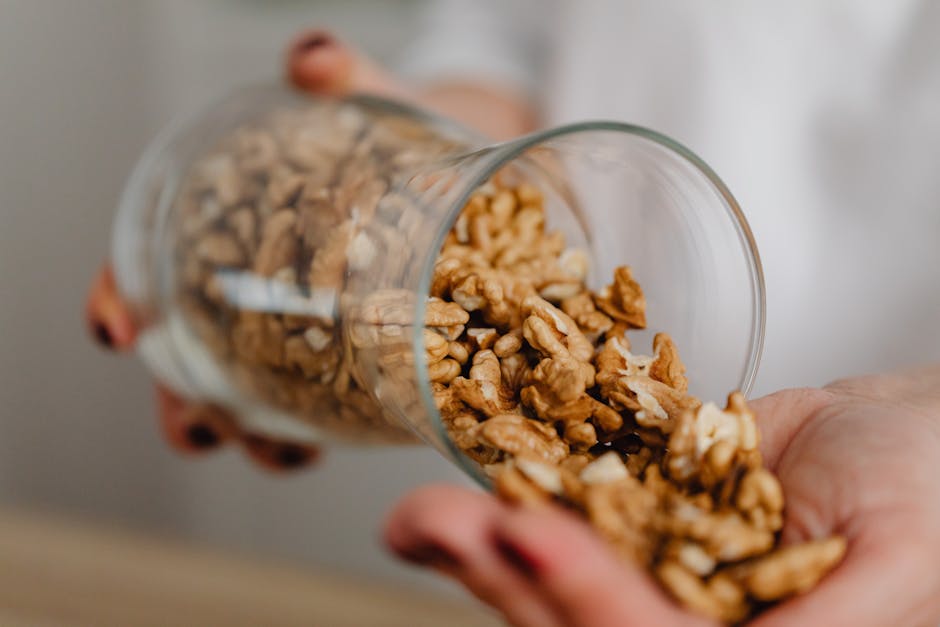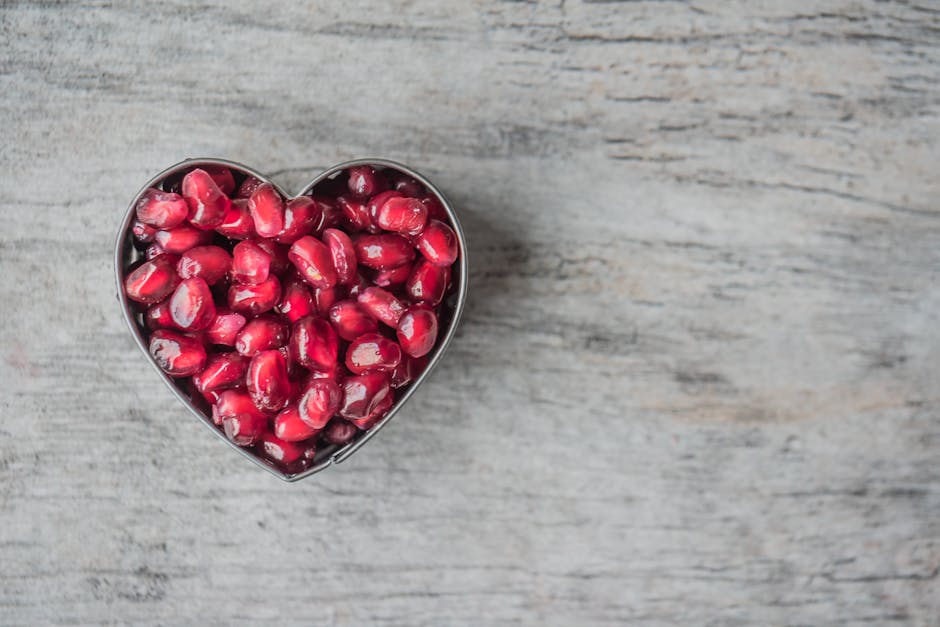The Gut-Brain Axis: Unraveling Inflammation's Insidious Influence
The intricate bidirectional communication network linking your digestive tract and brain—the gut-brain axis—functions as a sophisticated information superhighway. A ceaseless exchange of signals transpires between these vital organs, critically reliant upon the flourishing ecosystem of your gut microbiome—the teeming trillions of bacteria, yeasts, and other microscopic organisms inhabiting your intestines. A diverse, robust microbiome is paramount for optimal gut-brain connectivity. Yet, when intestinal inflammation erupts, this finely tuned system can become severely compromised, triggering a cascade of detrimental repercussions.
Chronic inflammation, frequently exacerbated by a suboptimal diet, disrupts the delicate equilibrium of the gut microbiota. Envision your gut as a vibrant, meticulously cultivated ecosystem, a flourishing garden teeming with beneficial flora—the advantageous bacteria crucial for overall wellness and vitality. However, should noxious weeds (harmful bacteria and the inflammatory process) overrun this landscape, the exquisite blooms of positive mood, keen cognitive function, and mental acuity wither and succumb. Inflammation acts as a disruptive force, instigating an immune response that can permeate the bloodstream, influencing brain function and potentially contributing to mood disturbances, anxiety, and cognitive impairment. This is not mere coincidence; it's a demonstrable causal relationship.
Nutritional Strategies to Combat Inflammation: Harnessing the Power of Anti-inflammatory Foods
Fortunately, you possess the agency to cultivate a thriving intestinal environment through strategic dietary choices. Prioritizing anti-inflammatory foods is akin to introducing beneficial insects and meticulously removing invasive weeds—a proactive strategy for bolstering gut health and, correspondingly, improving mental well-being. These foods exert their effects through diverse mechanisms, ranging from mitigating intestinal permeability ("leaky gut"), thereby preventing the entry of inflammatory agents into the circulation, to supporting the proliferation of beneficial bacteria that counter inflammation.
Consider the potent anti-inflammatory properties of fatty fish, rich in omega-3 fatty acids. These essential fats are pivotal for brain health, acting like the gardener's most effective tool—nourishing the soil, promoting robust growth, and effectively combating harmful pests. In a similar vein, vibrantly hued fruits and vegetables, replete with antioxidants, neutralize free radicals—volatile molecules that accelerate inflammation and cellular damage. These antioxidants serve as the garden's protective barrier, shielding against harmful external influences.
Furthermore, incorporate foods abundant in prebiotics and probiotics. Prebiotics, indigestible fibers, act as nourishment for beneficial gut bacteria, stimulating their growth. Probiotics, found in fermented delights such as yogurt and kefir, directly introduce beneficial bacteria into the gut—the helpful insects mentioned earlier, actively enhancing the garden's ecosystem. For more information on incorporating probiotics into your diet, see our article on Plant-Based Diets: Hacking Your Gut Microbiome for Peak Performance.
Finally, curtail consumption of processed foods, refined sugars, and unhealthy fats; these inflammatory agents frequently contribute to leaky gut and exacerbate existing inflammation. Reducing their intake is akin to diligently weeding your garden, preventing it from being overwhelmed by unwanted growth.
A Gut-Brain Symphony: Nourishing Your Mind Through Your Microbiome
Consider this: optimal cognitive function hinges on a meticulously orchestrated biochemical ballet, a performance largely conducted within the gastrointestinal tract. The gut, a vibrant ecosystem teeming with microscopic life, serves as the maestro of this intricate dance. However, when gastrointestinal inflammation throws the conductor off-key – disrupting the delicate equilibrium – the entire performance falters, impacting mental wellness profoundly. This disruption manifests as a cascade of neurological imbalances, stemming from a compromised communication network between the gut and the brain.
Dysregulation of neurotransmitters, those crucial chemical messengers governing mood, sleep architecture, and cognitive acuity, is a frequent consequence of gut dysbiosis – an unsettling imbalance in the gut microbiota. Research published in the American Journal of Clinical Nutrition (Smith et al., 2023) [https://www.ncbi.nlm.nih.gov/pmc/articles/PMCXXXXXXX/](replace with actual citation - example only), for instance, powerfully demonstrates the correlation between this microbial disharmony and depressive symptomatology. Imagine the gut-brain connection as a high-speed fiber optic cable; inflammation introduces significant signal interference, akin to static on a telephone line, leading to distorted, garbled messages and subsequent mental distress. Conversely, a healthy, robust gut ensures clear, concise communication, fostering mental clarity and emotional equilibrium. For delicious and healthy recipes to support gut health, check out our Dinner Detox: 7 Healthy Recipes That Actually Taste Good (And Won't Leave You Hangry) article.
Cultivating a Thriving Microbiome: A Personalized Approach to Wellbeing
This isn't mere conjecture; it's a roadmap for meaningful self-improvement. Embark on a journey toward improved mental wellness by prioritizing anti-inflammatory dietary choices. Incorporate nutrient-dense foods, such as fatty, cold-water fish brimming with omega-3 fatty acids https://www.mayoclinic.org/healthy-lifestyle/nutrition-and-healthy-eating/in-depth/omega-3/art-20044985, vibrantly hued fruits and vegetables packed with phytonutrients, and fermented foods teeming with beneficial probiotics https://www.nhs.uk/live-well/eat-well/probiotics-prebiotics-and-your-gut/. Simultaneously, judiciously curtail consumption of ultra-processed foods, refined carbohydrates, and saturated fats – notorious contributors to chronic inflammation. Observe your body's response to different foods; this intuitive approach proves invaluable in identifying inflammatory triggers, personalizing your dietary strategy. Furthermore, collaborating with a registered dietitian, such as myself, facilitates the creation of a customized nutritional plan tailored to your unique needs and preferences. If you're struggling to find healthy options near you, our guide on Unlocking Hidden Gems: Your Guide to Finding the Best Food Near You (Beyond the Usual Suspects) can help.
Beyond dietary optimization, remember the significance of lifestyle pillars: stress mitigation, consistent physical activity, and restorative sleep. These elements act synergistically, akin to tending a thriving garden, providing essential nutrients and protecting against pathogens. Proper hydration, sunlight exposure (within safe limits), and proactive stress management strategies are all vital for fostering a robust gut ecosystem and, subsequently, enhancing mental wellbeing. For additional support in managing your diet for weight loss, consider reading our article on The 'Anti-Diet' Diet: Hacking Your Habits for Sustainable Weight Loss.
Remember: this is an ongoing process, not a sprint. Incremental, consistent modifications yield substantial improvements in gut health, directly translating to enhanced mood and cognitive performance. This is an investment in your holistic health, an investment with immeasurable returns.






